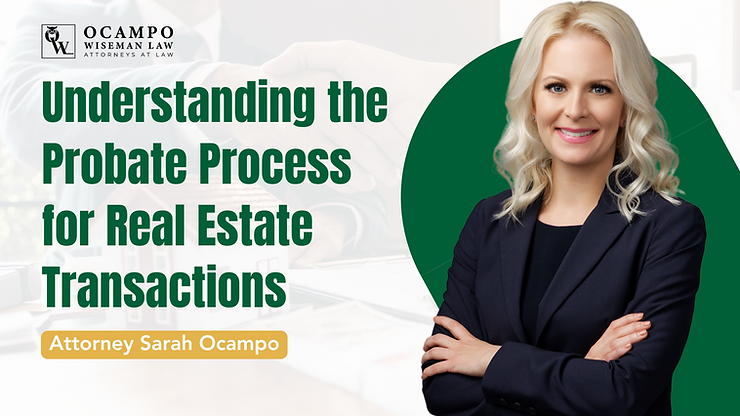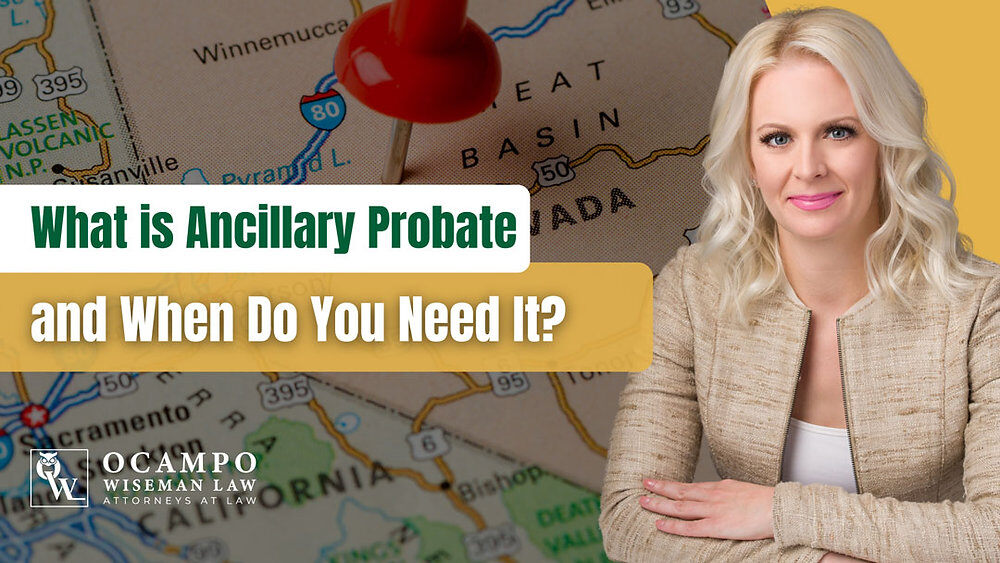The probate process can be complex and often intimidating, especially for those who find themselves involved for the first time.
Step 1: Lodging the Will with the Court
The probate process begins with locating and lodging the original will with the court. The will is a legal document that outlines the wishes of the deceased regarding the distribution of their assets.
It is important that the original "wet ink" signature will is submitted to the court. A copy is not enough as only the original holds the legal weight.
In situations where the original will cannot be found but a copy is available, additional measures must be taken to prove its validity. This involves a process often referred to as "proving it up."
It becomes necessary to gather affidavits from witnesses who were present when the will was signed. These witnesses must attest that the signature is indeed that of the deceased.
Additionally, a death certificate is required to open probate. The time it takes to obtain a death certificate can vary.
In straightforward cases, it may take two to three weeks, but in instances involving suspicious circumstances such as murder or suicide, it may take significantly longer.
Step 2: Opening Probate
Occasionally, if obtaining the death certificate is significantly delayed, a letter from the coroner may be enough to initiate probate.
Once the necessary documents are acquired, the next step is to officially open probate by submitting a petition to the court.
Step 3: Petitioning the Court for an Administrator
After lodging the will and submitting the necessary documents, a petition must be sent to the court requesting the appointment of an administrator. The administrator is the individual granted the authority to manage the estate in accordance with the will.
Until an administrator is officially appointed and granted authority, no actions may be taken concerning the deceased's assets. This includes activities such as signing a listing agreement to sell property, renting out property, or accessing bank accounts.
Step 4: Waiting for the Court's Decision
Following the submission of the petition, it typically takes around five weeks to receive a hearing date.
The court is making efforts to expedite this process, and in some cases, a stipulated petition might shorten the wait time to between two and five weeks.
Step 5: Receiving Letters of Administration
Once the court appoints an administrator, it issues letters of administration.
These documents are critical as they officially grant the administrator the legal power to act on behalf of the estate.
For real estate agents, these letters are essential because they permit the administrator to sign listing agreements and proceed with the sale of the property. No sale actions can be taken without these letters.
Step 6: Managing the Estate
With the letters of administration in hand, the administrator can now perform their duties, which might include selling property, accessing bank funds, and settling any outstanding debts or taxes owed by the estate.
This step ensures that the wishes of the deceased, as outlined in their will, are carried out legally and appropriately.
The probate process, while seemingly intricate, serves the purpose of ensuring that the deceased’s assets are distributed fairly and in accordance with their wishes.
Understanding each step in this process is crucial for anyone involved, providing clarity and legal protection throughout this sensitive time.
If you need guidance on understanding the probate process, contact our office for a free 15-minute complimentary consultation.






